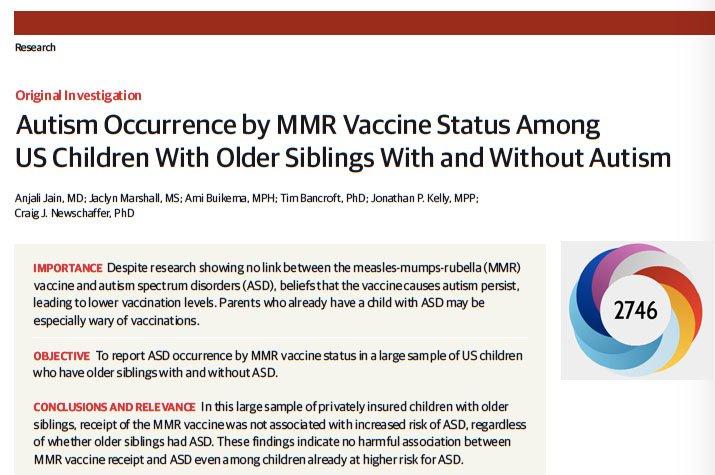Dr. Patrick William Slater is a 60-year-old neurotologist. A few years ago, he had a full-time medical practice in Austin and enjoyed hunting and fishing in the mountains during his downtime. Then, in October 2021, Dr. Slater came down with cerebellar ataxia, a disease affecting movement. He couldn’t eat or go to the bathroom without help.
While his ataxia could be managed using drugs, it wasn’t always effective against his biggest complaint: unprecedented panic attacks. Almost every night, Dr. Slater would experience panic attacks that left him in “abject terror.” He thought about killing himself many times, he told The Epoch Times.
No one could provide a satisfactory answer about why he had developed these symptoms. Nothing abnormal showed up on his laboratory reports, and his neurologists and psychiatrists dismissed his symptoms as anxiety.
But Dr. Slater is convinced that the COVID-19 mRNA vaccines are the culprit. He was suspicious when the symptoms first appeared within about two weeks of getting the second dose of the COVID shot. The second—and worse—wave of career-ending symptoms had coincided with his third shot.
After taking the booster, “there was no question in my mind,” Dr. Slater said.
Increase in Unusual Psychiatric Illness
Beginning in late 2020 with the COVID vaccine rollout, some doctors have seen an increase in unusual psychiatric illnesses. Psychiatrist Dr. Amanda McDonald noticed a wave of psychiatric destabilization among her stable patients. They experienced flare-ups, often manifesting with worsened or new psychiatric symptoms. “I couldn’t figure out why,” Dr. McDonald told The Epoch Times. “My patients typically stay stable.” But many stable patients were suddenly arriving at her office with insomnia, depression, and anxiety “without any sort of rhyme or reason.”
She increased some patients’ medication doses or added new drugs to their regimen, but it had little effect. A recurring pattern Dr. McDonald sees is atypical panic attacks, which can feel like having a heart attack. Brought on with no apparent trigger, symptoms typically escalate as the evening progresses and climax at night. A typical panic attack can occur anytime throughout the day but often has triggers, and it is easy to treat if patients can avoid these triggers.
After spending over a year following her patients, Dr. McDonald realized that COVID-19 vaccines may be linked to their psychiatric illnesses. “I already had an existing patient population when the pandemic hit that I knew very well. What I saw was manifestations in that patient population,” Dr. McDonald added.
Dr. Diane Counce, neurologist and neuroradiologist, observed an increase in severe anxiety and worsened mood. “People also talk about how their personality has changed,” she told The Epoch Times. In cases where a family member has brought in a patient, “[The family] will say, ‘they’re just different.’”
The Evidence
Unlike myocarditis, no conclusive proof exists that COVID-19 vaccinations cause psychiatric illness. A multitude of studies, however, have linked COVID-19 vaccines with psychiatric symptoms, including depression, anxiety, panic attacks, psychosis, and suicidality.
The Vaccine Adverse Event Reporting System (VAERS) is a self-reporting database co-managed by the U.S. Centers for Disease Control and Prevention (CDC) and the U.S. Food and Drug Administration (FDA), used to surveil for early warning signs of potential adverse reactions. VAERS has documented over 9,400 and 1,600 cases of anxiety and depression, respectively, in relation to the COVID-19 vaccines. The vaccines comprise, respectively, over 60 percent and up to 50 percent of all anxiety and depression reports on VAERS.
The Evidence
Unlike myocarditis, no conclusive proof exists that COVID-19 vaccinations cause psychiatric illness. A multitude of studies, however, have linked COVID-19 vaccines with psychiatric symptoms, including depression, anxiety, panic attacks, psychosis, and suicidality.
The Vaccine Adverse Event Reporting System (VAERS) is a self-reporting database co-managed by the U.S. Centers for Disease Control and Prevention (CDC) and the U.S. Food and Drug Administration (FDA), used to surveil for early warning signs of potential adverse reactions. VAERS has documented over 9,400 and 1,600 cases of anxiety and depression, respectively, in relation to the COVID-19 vaccines. The vaccines comprise, respectively, over 60 percent and up to 50 percent of all anxiety and depression reports on VAERS.
Other less common adverse reactions include 1,500 reports of panic attacks (over 80 percent of VAERS reports), over 1,100 cases of hallucinations (over 65 percent), and 975 cases of irritability (10 percent).
This content was originally published here.



















